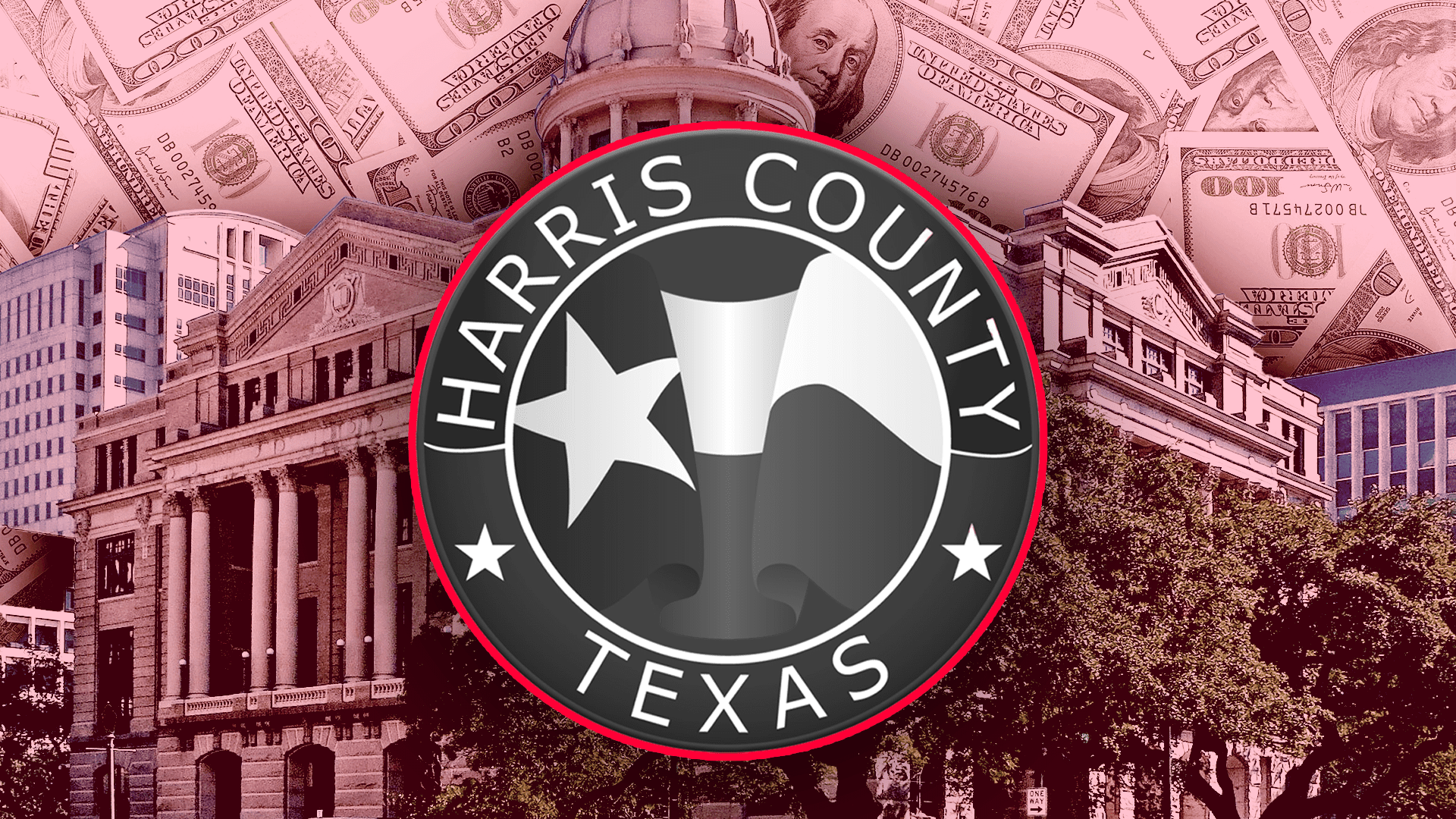With abysmal turnout numbers and seemingly no attention paid to this election, taxing entities across Harris County were given the green light to issue millions of dollars in new debt, adding to the state’s already record-high local debt.
Texas has the second highest local debt per capita in the nation, following right behind New York. Unfortunately, cities, school districts, and counties across the state are drunk on spending and borrowing and show no signs of slowing down on that borrowing power.
The two biggest bonds in the Houston area weren’t even in Houston. Spring Branch ISD passed a staggering $890 million school bond, while Katy ISD’s $609 million bond passed overwhelmingly, as well. Katy ISD also obtained voter approval of massive bonds in 2013 and 2015.
At 13 percent, Spring Branch ISD’s bond election had a higher turnout than most in the area, but it only took 5.8% of registered voters to approve Katy’s bond.
The City of Houston had five bond propositions, none of which broke 100,000 voters, or 10 percent turnout.
The long-debated $1.10 billion pension obligation bond proposal that is said to be the final hurdle in Mayor Sylvester Turner’s pension reform plan passed overwhelmingly.
The same can be said about Houston’s four general obligation bonds, which will be repaid with higher property taxes, totaling $495 million plus interest. Each passed with over 70 percent of the vote.
Tomball ISD had an 8% turnout and passed a $275 million bond. Meanwhile, it only took 61 ballots, out of 114 cast, to pass Crosby ISD’s $109.5 million bond.
Additionally, Deer Park ISD passed a $156 million bond and Pasadena ISD passed $135 million in debt.
While growing local debt backed with higher property taxes is a huge issue, the bigger problem is the lack of involvement by taxpayers in these elections. Pasadena’s bond only had a 4.9% turnout.
Typically, local governments try to avoid uniform election dates to hold bond elections, as it’s easier to turn out supporters. Under current state law, there is no minimum turnout requirement for taxing entities seeking voter-approval for more debt, and higher property taxes.




